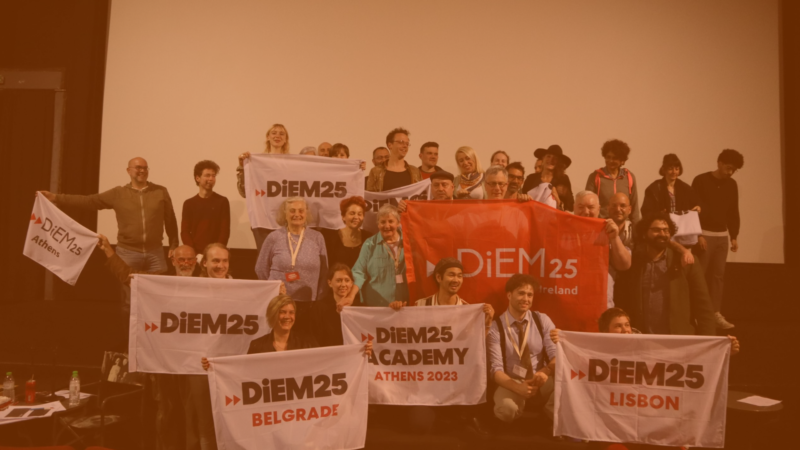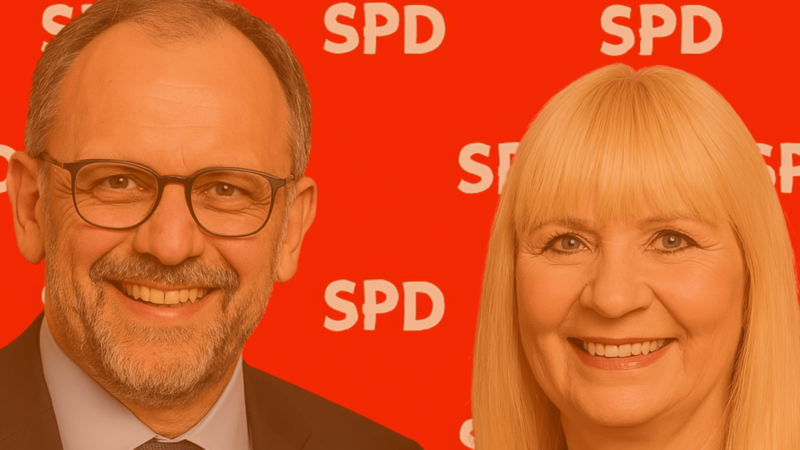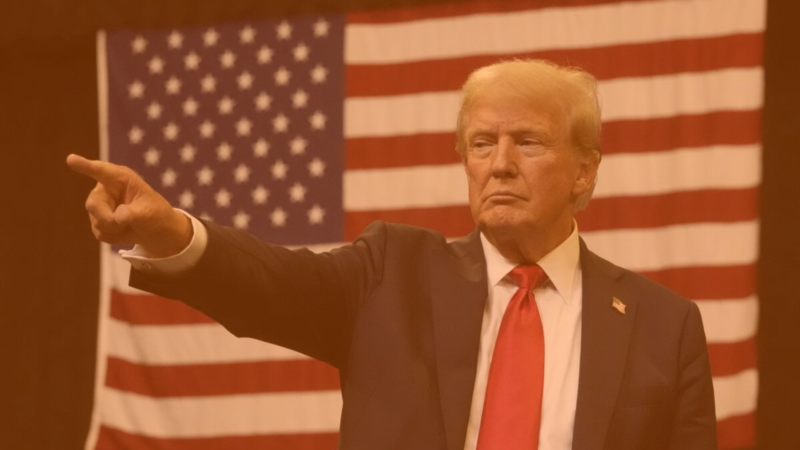The Syrian crisis is not only a crisis in Syria. It is also a crisis of Europe itself.
Unfortunately, it is nothing new.
Already in the late 1920s, imprisoned by the Italian Fascist regime, the Italian philosopher Antonio Gramsci described in his Prison Notebooks the difference between what he calls “world politics” and “European politics” in the following way:
“They are not the same thing. A duel between Berlin and Paris or between Paris and Rome does not turn the winner into the master of the world. Europe has lost its importance and world politics depend more on London, Washington, Moscow, Tokyo than the continent”.
In a similar manner, at the height of the Cold War, the former US secretary of state Henry Kissinger asked the famous question: “Who do I call if I want to call Europe?”
The point of these two assessments of Europe’s role in global geopolitics — although they come from opposite corners of the political spectrum — is the same: the authorized voice of Europe is unknown. Is there such a thing as a common and unified “foreign policy” of Europe?
With the rapidly deteriorating crisis in Syria, the question finds new urgency. Although particular European countries (France, Germany, Spain, UK) are already involved in the long-standing conflict — either through lucrative arm sells to Turkey and Saudi Arabia, or through sending their own troops to Syria — it is still impossible to get one single phone number for Europe.
This phone number is, of course, a metaphor. But it is a useful one, as it shows that from Gramsci to Kissinger — from the early 20th century to the early 21st century, from a left and from a right-wing perspective — Europe never arrived at a strategic concept that would allow it to be an important – and responsible – player in world politics.
The future of Syria today depends largely on “Washington, Moscow” rather than Europe, or any single European state. And again, it is not only Gramsci who was already aware of this problem.
Just a year before he died, another leading geopolitical strategist, Zbigniew Brzezinski, published an article under the telling title “Toward a Global Realignment.”
What Brzezinski correctly pointed out in his prophetic article is that we are currently living in the times of a major “global realignment,” which can be characterized as the end of the era of the global dominance of the United States. Of course, Brzezinski is advocating that the United States take the lead in realigning the global power architecture, but his thoughts on Europe are interesting. First, he states that “Europe is not now and is not likely to become a global power”, and then he adds that “it can play a constructive role in taking the lead in regard to transnational threats to global wellbeing and even human survival”.
Who wouldn’t agree with Brzezinski? Of course, the true meaning of this assessment comes when you ask a more difficult question: where should Europe align itself in the new global realignment? The answer Brzezinski gives is pretty much expected: it should align itself with the United States. The next naive question should be – but which United States?
When Brzezinski was writing his prophetic article, well far away from Donald Trump and his hawkish advisor John Bolton, but yet he succeeded to grasp the crucial problem of the times to come. He said, thinking about the United States, that “the alternative to a constructive vision” (which would include cooperation with Russia and China), and “especially the quest for a one-sided militarily and ideologically imposed outcome, can only result in prolonged and self-destructive futility”.
Unfortunately, today’s European foreign policy can be best described as “export-import”. First, we “export” wars — either by selling arms or moving ahead with our own military interventions. Then we “import” refugees, precisely from the areas devastated by European bombs and troop invasions.
In our current moment — faced with ongoing war, the mass displacement of refugees, and a looming ecological catastrophe — human survival is at stake. With the US superpower in decline, desperately trying to take the lead in the current global realignment by its intervention in Syria, it is Europe’s historical responsibility to create a common and sustainable foreign policy based not on allegiance to the United States but on decency, humanity, and diplomacy.
Unfortunately, today’s European foreign policy can be best described as “export-import”. First, we “export” wars — either by selling arms or moving ahead with our own military interventions. Then we “import” refugees, precisely from the areas devastated by European bombs and troop invasions. Isn’t the same going to happen after the intervention in Syria? Instead of solving the structural problem – which is the necessity for a sustainable global realignment – Europe is yet again just reacting on its back foot, if it is reacting at all.
Europe still lacks a phone number, denying its shared responsibility to build a better global geopolitics — and ignoring its complicity in the crises of Syria and across the world.
The Syrian crisis is a crisis of Europe itself.
Srećko is co-founder of DiEM25 and member of its Coordinating Collective.
Do you want to be informed of DiEM25's actions? Sign up here















